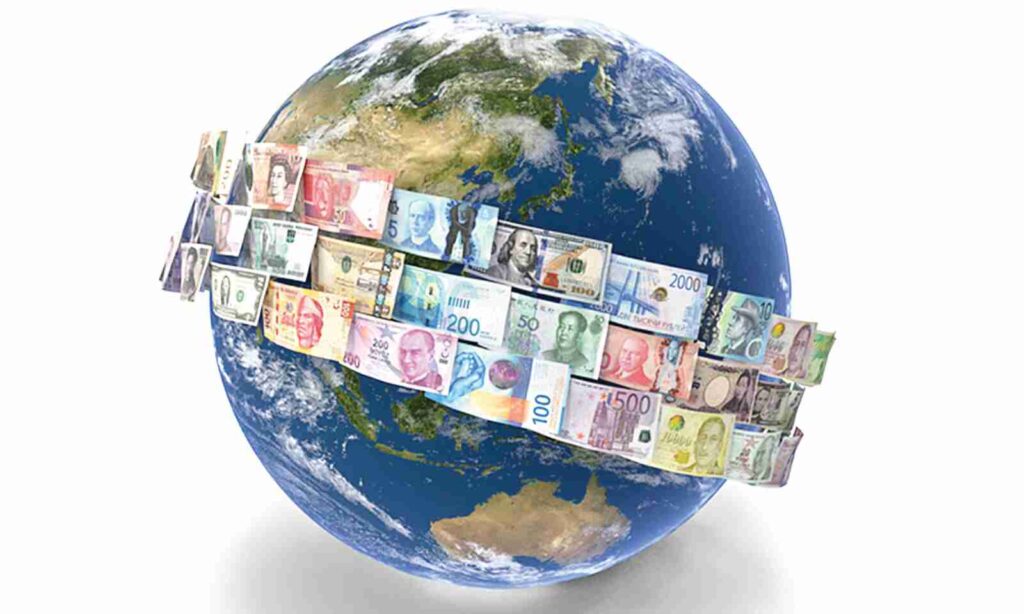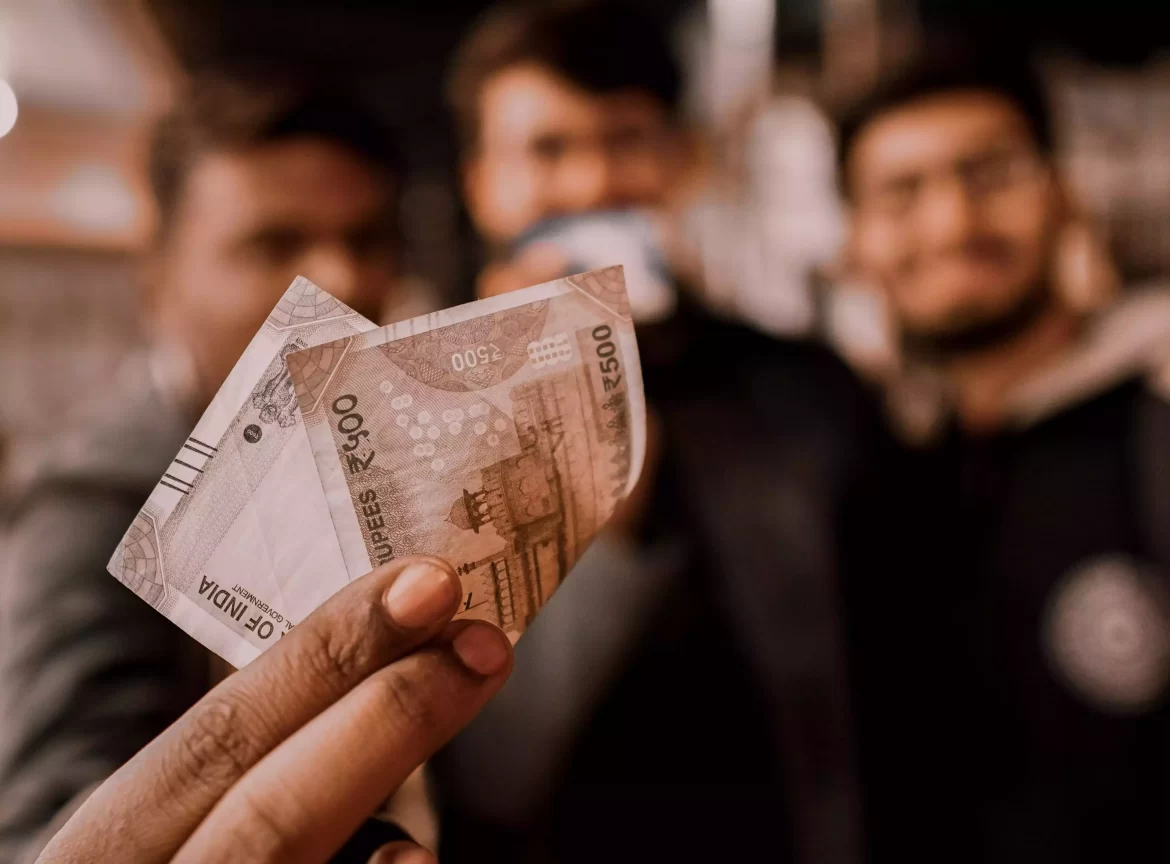While many firms frequently choose to transact in hard, convertible currencies because of commercial ease, balance of payments, and conditions of foreign reinsurers, New Delhi is working to internationalize its currency by promoting rupee-based overseas commerce. The banking industry association has been requested to urge all banks to “conduct outreach programs with the international trading community to promote trade in Special Rupee Vostro Account (SRVA)” by the Directorate General of Foreign Trade (DGFT), a division of the Ministry of Commerce and Industry.
A SRVA account is one that a foreign bank (acting on behalf of international commercial partners) opens with an Indian authorized dealer bank. The RBI permitted the application of the surplus balance in such accounts to government of India bonds and Treasury Bills on July 11, 2022, at the same time that it announced the settlement of rupee-based overseas commerce using SRVAs.
An industry insider informed ET that banks must submit a report detailing particular problems with the settlement of foreign commerce in rupee in accordance with the DGFT’s notification.
Banks have so far spoken with representatives from Russia, Belarus, Cuba, Tajikistan, Luxembourg, and Sudan to explore the SRVA mechanism. Even though several foreign banks have established SRVAs with Indian lenders, the amount of trade settlement in rupees has not yet increased.

The push to internationalize the rupee may be part of a long-term strategy, stemming from the belief that a country has greater trade flexibility if the currency of the invoice is the same as the local currency, in addition to advances like China’s attempts to make the yuan a global currency and the difficulties faced by some countries in dealing in dollars. Saving money on the expense of hedging against fluctuations in foreign currency rates is one of the advantages.
Less than six months after the Russian invasion of Ukraine, the central bank issued a regulation in July 2022 that forbade many Russian financial firms from using SWIFT, the internal messaging system that is extensively used to expedite and confirm cross-border transfers.
Due to the difficulty of exchanging unused rupee balances in Vostro accounts, the majority of Russian businesses prefer to be paid in dollars, yuan, or UAE dirham. Oil importers often pay in dollars, and Indian banks are prepared to process the payment as long as the cost of oil (from Russia) is less than $60. Banks may work with exporters and importers, but they won’t be able to accomplish much if the trade balance is skewed and imports vastly outweigh exports, as they are in Russia, the trader said.
Due to the unwillingness of major western reinsurance giants to insure imports from Russia, many times the cargoes are covered by Russian insurance firms with the premium amount added to the import price.
According to our observations, Indian banks, especially those with US operations, are reluctant to process payments in dirham or even yuan on a consistent basis for transactions involving Russia. They worry that it would be seen as a method to avoid the sanctions, the source added. As there is substantial two-way commerce with China, unlike the rupee, obtaining yuan is not an issue for Russia.
It’s interesting that efforts to internationalize the rupee are currently being made at a time when the central bank is implementing policies to prevent capital flight. ” Therefore, the promotion of the rupee for trade settlement and invoicing refers to ‘current account’ activities. But on the “capital account,” outflow is getting more difficult, according to an economist with a significant brokerage.

READ ALSO – Apple Chooses HDFC Bank To Offer Its Credit Card, “Apple Card” And Is In Talks With NPCI for Apple Pay.
Tim Cook, the company’s CEO, spoke with Sashidhar Jagdishan, the CEO and MD of HDFC Bank, on his trip to India in April, according to two people with knowledge of the situation.


